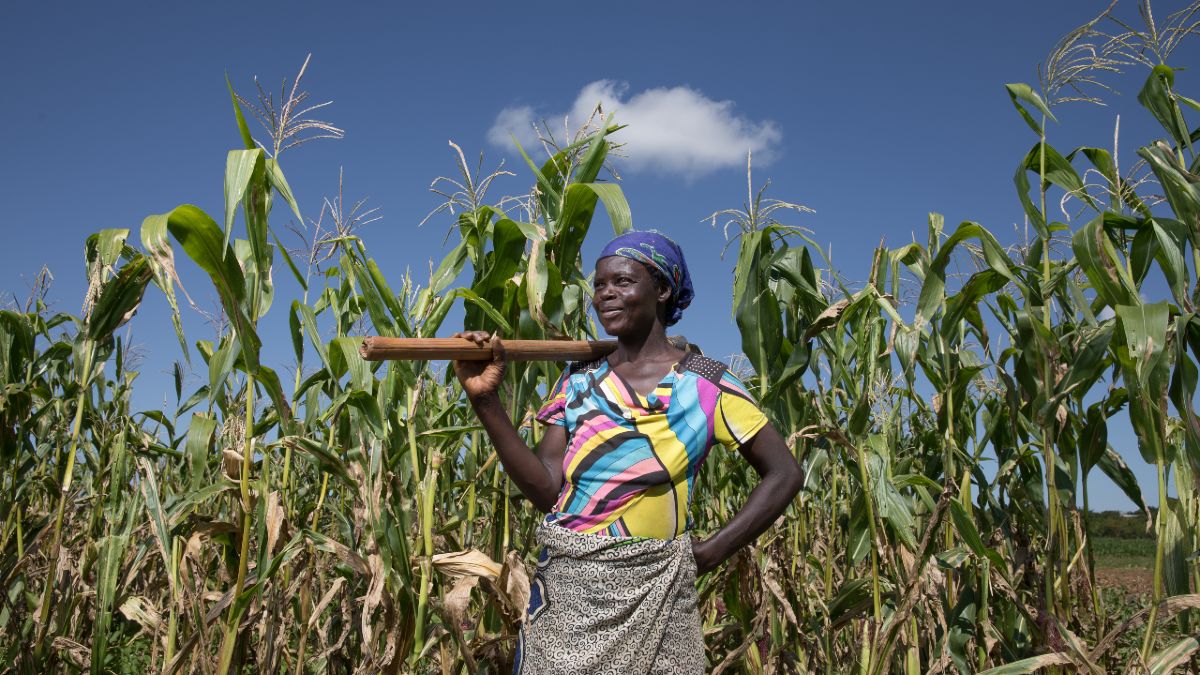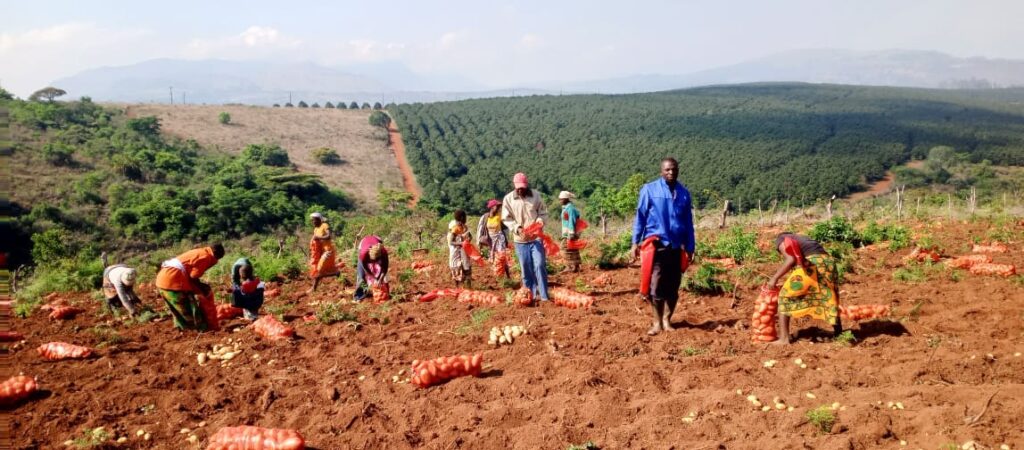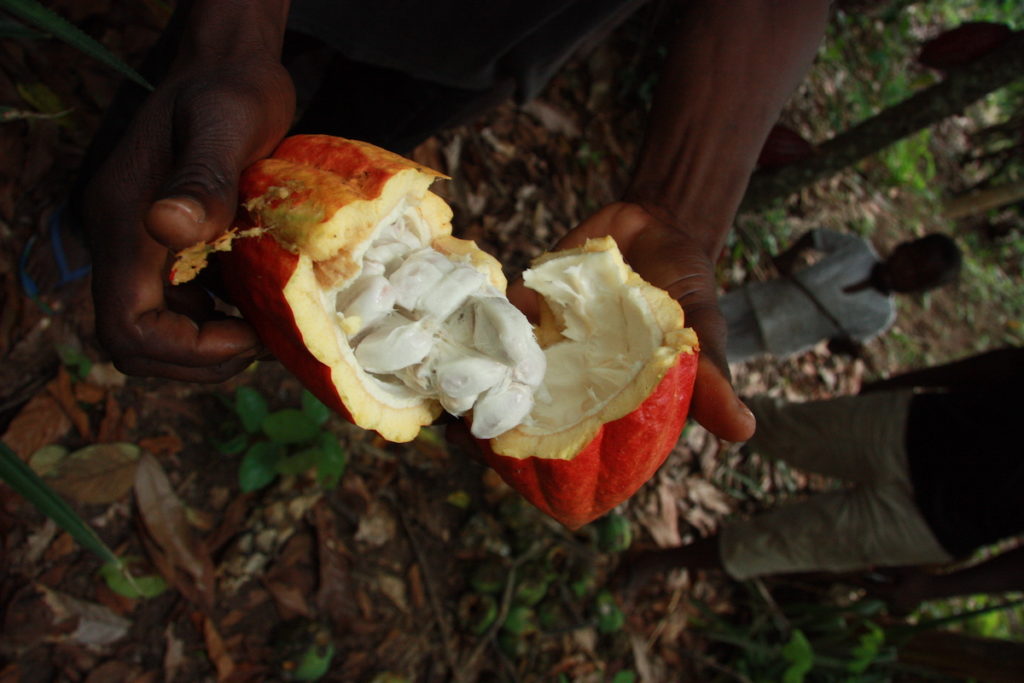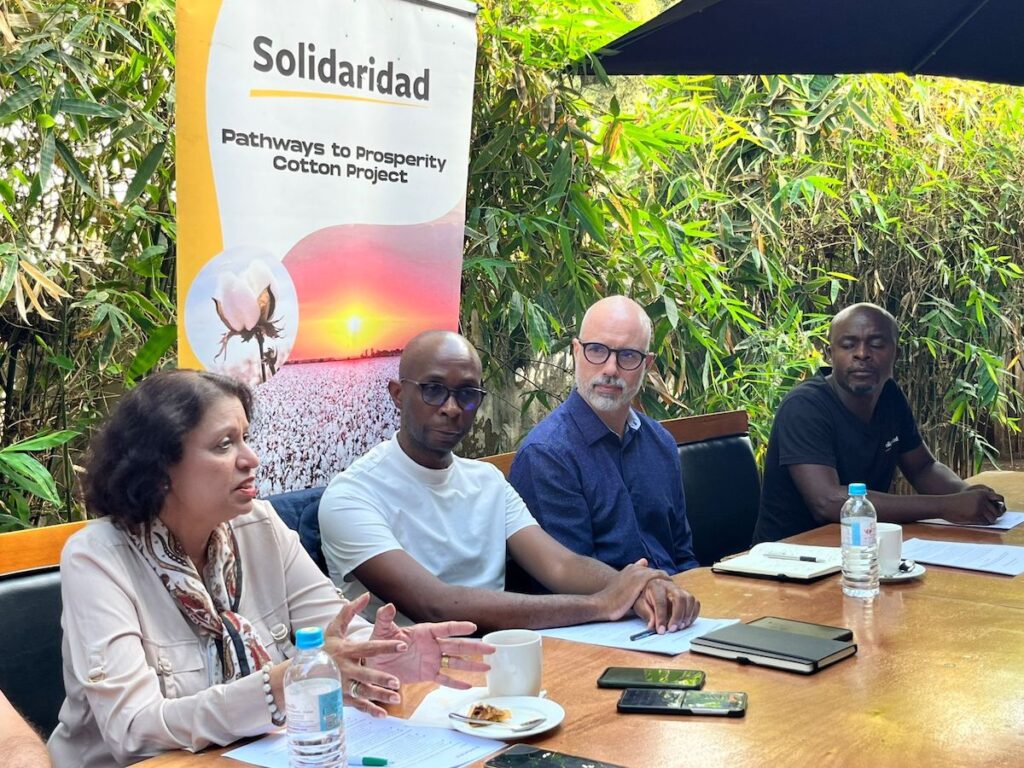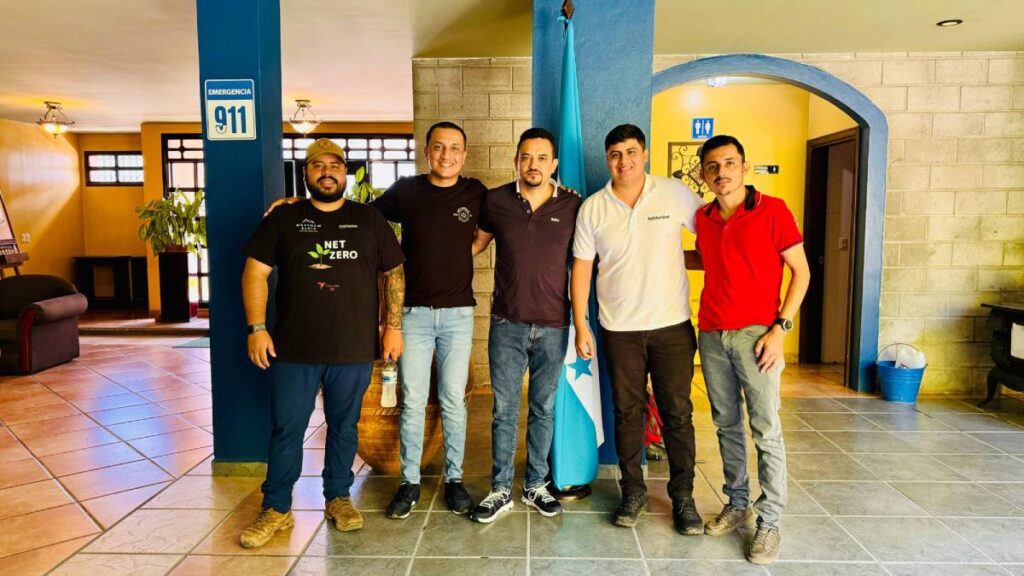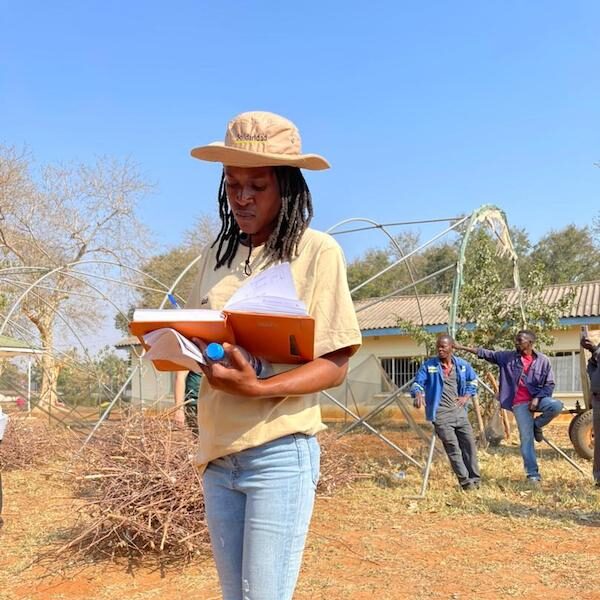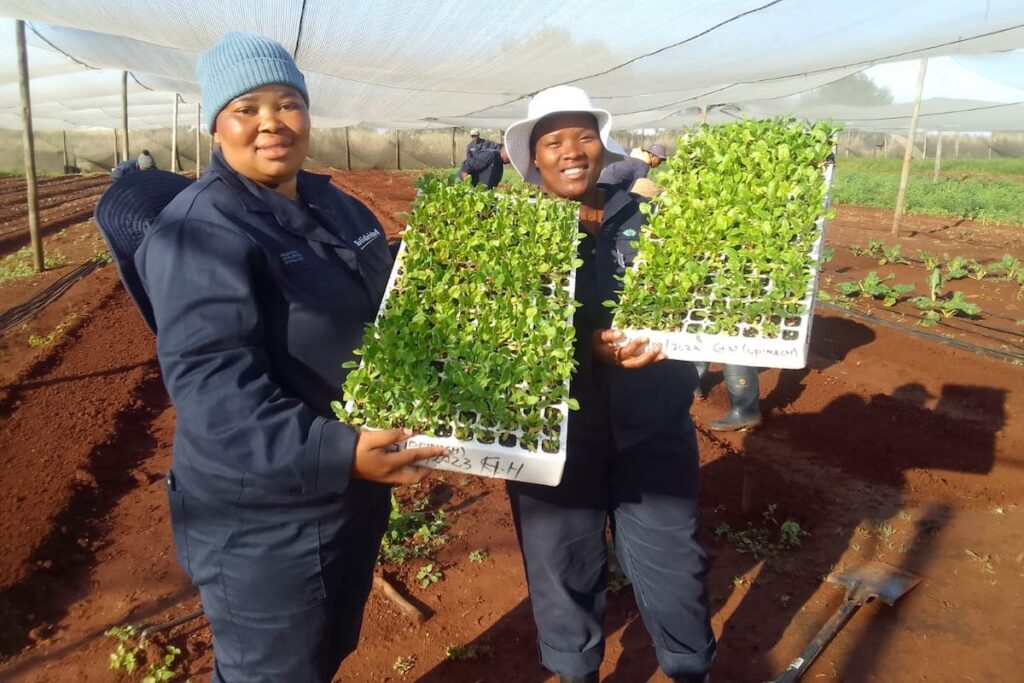An overlooked sector
Last month, the Global Alliance for the Future of Food, in partnership with Climate Focus and Solidaridad, published a new analysis called Untapped Opportunities for Climate Action: An Assessment of Food Systems in Nationally Determined Contributions. In the assessment, the partners revealed that there still is a huge potential for global greenhouse gas (GHG) emissions reductions in food systems transformation, a sector that remains largely overlooked. Food production, processing, distribution, consumption and waste account for nearly a third of total global GHG emissions.
Within the Nationally Determined Contributions Partnership, 52 countries have requested some support on agriculture, making it the second biggest sector in terms of requests, and nearly half of these requests relate to food policy. However, our research demonstrates that most countries’ Nationally Determined Contributions fail to systematically or comprehensively address food production, consumption and waste.
Food systems transformation offers policymakers a clear way of enhancing national climate plans and delivering faster and deeper emissions cuts. Indeed, the analysis highlights how food systems offer an opportunity to realize at least 20% of the emissions reductions needed by 2050 to prevent catastrophic climate change.
Unless governments take this action, they will not be able to close the emissions gap and keep global warming below the critical 1.5°C target of warming above pre-industrial levels established in the Paris Agreement.
A toolkit for food systems transformation
The analysis assessed the Nationally Determined Contributions of 14 countries, including Partnership Country Members Bangladesh, Colombia, Kenya, Senegal, South Africa and Vanuatu, alongside other countries such as China, the United Kingdom and the United States. This detailed set of country assessments, along with a summary report and case studies, highlights opportunities to reduce emissions in the food sector at the national level and lessons for how countries can incorporate inclusive food systems transformation into their emissions-reduction plans and benefit from the associated health and social benefits.
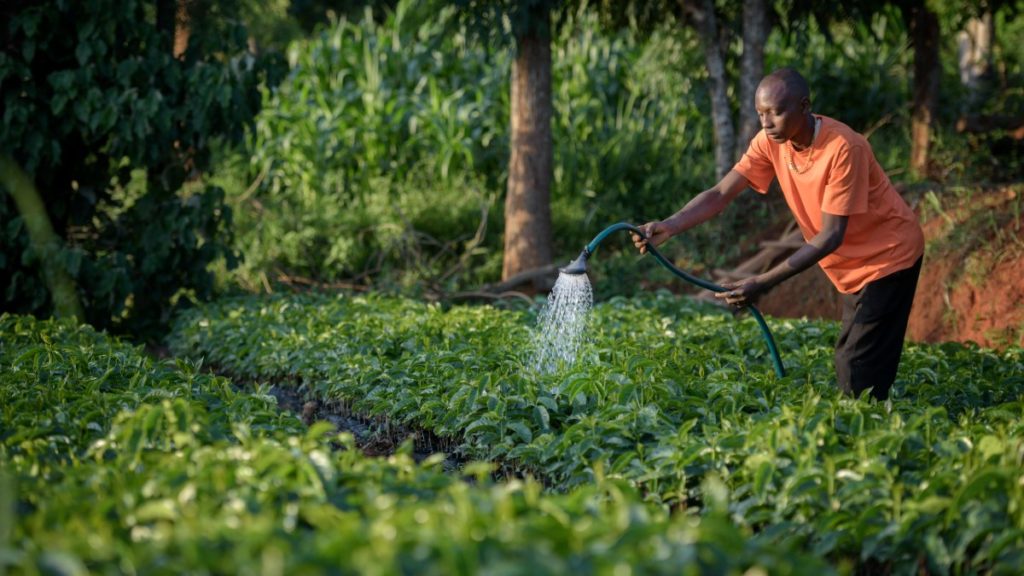
Rather than prescribing a one-size-fits-all solution, the country assessments provide governments and other actors with a toolkit for food systems transformation that drives significant emissions reductions in coordination with domestic policy priorities, such as improved public health and gender equality.
While our research reveals that NDCs show some alignment with existing and forthcoming food systems policies, certain inconsistencies persist. For example, none of the NDCs reviewed fully accounted for emissions from food imports, particularly those linked to deforestation and the destruction of nature and ecosystems. Similarly, food waste is a major oversight.
Each year, one-third of all food produced in the world —approximately 1.3 billion tonnes— is lost or wasted.
However, France is the only country we assessed whose NDC includes comprehensive measures to reduce food loss and waste. While China passed an anti-food-waste law in April 2021, food waste is not reflected in their NDC.
Overcoming barriers to transformation
Siloed policymaking, and the disconnection between policy and implementation, are critical barriers to transforming our food systems and improving public health outcomes. Many food policies exist, but often governments lack the sufficient resources or willpower to implement them. However, Colombia, Senegal, South Africa and Vanuatu have mechanisms in place to coordinate cross-ministerial NDC actions. In addition, the NDCs of Colombia, Bangladesh and Kenya include vehicles to direct public and private finance to food systems transformation.
It is encouraging that country governments are working on food systems transformation and that solutions for emissions reductions in this sector are already being developed and implemented.
Locally-led, agroecological and regenerative agriculture play a critical role in helping to reach climate goals.
These methods for food production are less emissions intensive. Our assessment found that Partnership countries such as Colombia, Senegal, and Kenya have the most ambitious measures in place to promote these practices. Similarly, Colombia, Kenya, South Africa and Vanuatu’s NDCs each include elements that promote climate and food systems resilience.
As extreme weather events continue to hamper food production and global supply chain disruption increases, such measures have a critical role to play in our future global food security. Additionally, globally, women play a central role in food production and children’s nutrition, therefore any efforts to transform food systems to reduce emissions must engage them. In this area, Vanuatu, Kenya and Senegal have all made efforts to ensure their NDCs are gender inclusive.
Food systems transformation provides untapped opportunities
With these examples of good practice to draw on, country governments must now draw on these resources to improve coordination and develop a systemic approach that incentivizes and advances the maximum benefits from food systems transformation.
While food systems are vulnerable to climate change, they also offer a critical opportunity.
Accelerating food systems transformation can help countries to achieve their climate goals and drive public health benefits. As the Report and Practical Guide show, embedding actions into NDCs that make food systems more sustainable, inclusive and equitable can make a significant contribution to preventing climate breakdown. The FAO, the Global Alliance for the Future of Food and the NDC Partnership will be presenting the result of the analysis during a webinar entitled “Delivering Greater Climate Ambition Through Food Systems and Agriculture in the NDCs” to be held on 21st June at 15.00 CEST. You may register for the event at this link.

